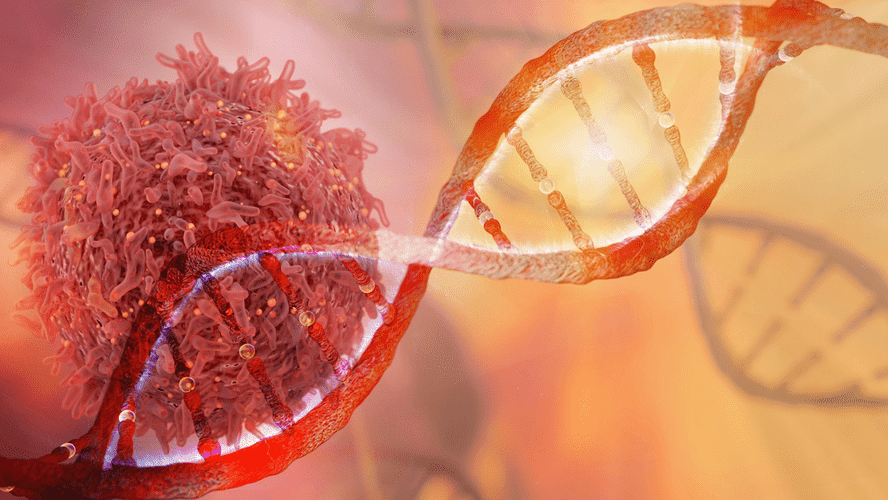Overdose symptoms can also be fatal, and the risk factors for addiction can vary from person to person. Amphetamine addiction has devastating social, physical, and mental consequences. The treatment methods listed above are all available to combat the dangerous effects of amphetamine addiction. Desirable effects of amphetamines include euphoria, alertness, and increased energy. Mild dependence can also occur while using the drug as doctors prescribe. However, you can experience more severe withdrawal symptoms and dependence by abusing amphetamine.
Amphetamines are prescription medications that stimulate the central nervous system. They are most often used to treat attention-deficit hyperactivity disorder (ADHD) and narcolepsy. How long they last inside the body depends on several factors, including age, weight, dosage and more.
Amphetamine Withdrawal Symptoms
Healthcare providers may prescribe amphetamines to people with ADHD or narcolepsy. Providers may also use amphetamines to treat obesity, though this is less common. Amphetamines are prescription medications or illegal substances that are also known as stimulants, as they speed up your metabolism and increase your alertness.
It can lead to euphoria, and it suppresses the appetite, which can lead to weight loss. Used outside the medical context, stimulants can have severe adverse effects. There is also a clear pattern of high dosage and daily usage correlating with higher risks of substance-induced psychosis. Amphetamines impair the cognitive thought process and subsequently precede acute psychosis. This suggests that continued impairment due to amphetamine use is a precursor to psychosis. You’ve built up a tolerance if you need larger doses of amphetamines to achieve the same effect that lower doses once created.
Treatments
Studies examining the efficacy of pharmacotherapy alone versus combined medication and psychosocial counselling are required to better understand the role each treatment modality may have. Provision of client-centred how long do amphetamines stay in your blood care requires future work to address the need to better understand concepts of treatment matching or stepped care. Further, treatments may differ by dose and frequency (intensity) of use.

The brain’s reward circuit changes, reducing a person’s ability to exercise self-control and leading to strong urges to continue. Many substances or behaviors that can cause addiction make a person feel good for a short time. A person may seek to repeat the good feeling and come to rely on the substance or activity.
